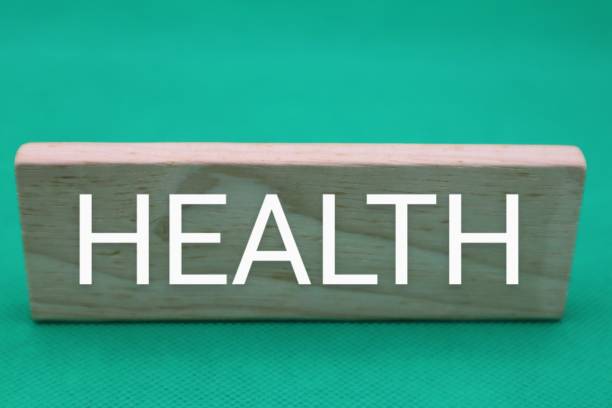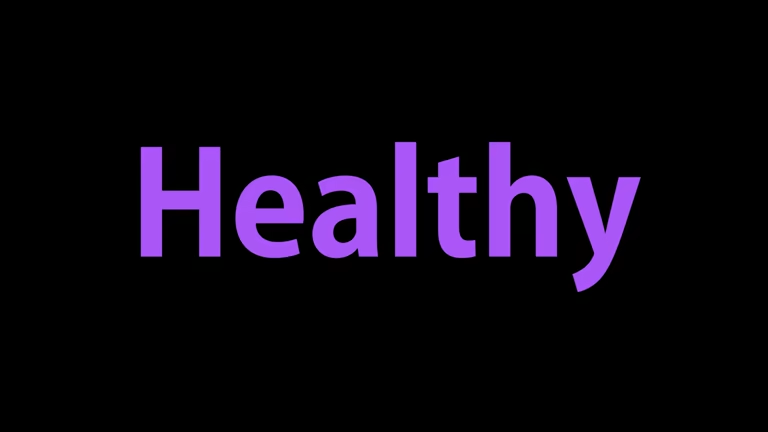Mental Health Matters: How to Reduce Stress and Anxiety
In today’s fast-paced world, stress and anxiety have become common challenges affecting millions of people. Whether due to work pressures, personal relationships, financial concerns, or global uncertainties, prolonged stress can take a toll on both mental and physical health. The good news is that there are effective ways to manage and reduce stress and anxiety. Here are some practical strategies to help you regain balance and improve your well-being.
1. Practice Mindfulness and Meditation
Mindfulness and meditation are powerful tools for calming the mind. By focusing on the present moment, you can reduce overthinking and negative emotions.
-
Try deep breathing exercises (inhale for 4 seconds, hold for 4, exhale for 6).
-
Use guided meditation apps like Headspace or Calm.
-
Spend a few minutes each day in quiet reflection or gratitude journaling.
2. Stay Physically Active
Exercise is a natural stress reliever. Physical activity releases endorphins, which boost mood and reduce anxiety.
-
Aim for at least 30 minutes of moderate exercise (walking, yoga, dancing, or cycling).
-
Even short bursts of movement, like stretching or a quick walk, can help.
3. Maintain a Healthy Lifestyle
Your diet and sleep habits significantly impact mental health.
-
Eat a balanced diet rich in fruits, vegetables, and whole grains.
-
Limit caffeine and sugar, which can worsen anxiety.
-
Prioritize 7-9 hours of quality sleep each night.
4. Connect with Others
Social support is crucial for mental well-being. Talking to friends, family, or a therapist can provide comfort and perspective.
-
Share your feelings with someone you trust.
-
Join support groups or community activities.
-
Avoid isolating yourself when feeling stressed.
5. Set Boundaries and Manage Time Wisely
Overcommitment can lead to burnout. Learning to say “no” and organizing your time can reduce stress.
-
Break tasks into smaller, manageable steps.
-
Use planners or digital tools to prioritize tasks.
-
Schedule regular breaks to avoid exhaustion.
6. Limit Screen Time and News Consumption
Constant exposure to negative news or social media can heighten anxiety.
-
Set boundaries for screen time, especially before bed.
-
Follow accounts that inspire positivity rather than stress.
7. Engage in Relaxing Activities
Hobbies and creative outlets can be therapeutic.
-
Read a book, paint, listen to music, or garden.
-
Practice progressive muscle relaxation or take warm baths.
8. Seek Professional Help When Needed
If stress or anxiety feels overwhelming, reaching out to a therapist or counselor is a sign of strength, not weakness.
-
Cognitive Behavioral Therapy (CBT) is effective for anxiety.
-
Medication (if prescribed) can help manage symptoms.
Final Thoughts
Mental health is just as important as physical health. By incorporating these strategies into your daily routine, you can reduce stress, improve emotional resilience, and lead a more balanced life. Remember, it’s okay to ask for help—you’re not alone in this journey.






